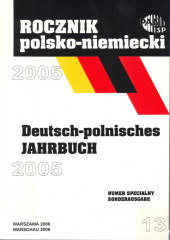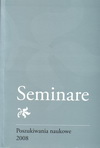
Die Bedeutung der bundesdeutschen Ostpolitik für die Ideologie und das politische System in der DDR in der zweiten Hälfte der siebziger und in den ach
Die Bedeutung der bundesdeutschen Ostpolitik für die Ideologie und das politische System in der DDR in der zweiten Hälfte der siebziger und in den ach
Keywords: DDR-Planwirtschaft; Helmut Schmidt; Erich Honecker; Franz Josef Strauß;
„Mit dem Abschluss des Grundlagenvertrages und der Anerkennung der DDR im Jahr 1973 sah sich die DDR-Führung nun vor der Aufgabe, ihrer außenpolitischen Interessen und Möglichkeiten zu vergewissern. Die Konzentration beinahe aller Kräfte auf dem Kampf um die Anerkennung ließ der DDR-Führung zuvor kaum Raum für weitergehende Ziele. Sie holte das nach, was für Polen, Rumänien, Ungarn, die CSSR und Bulgarien gewiss im Rahmen des Warschauer Pakts, weniger des RGW, seit 1956 zur Gewohnheit geworden war. Aus dem einstigen Frontstaat des Ostblocks, der von durchaus eigensinnigen Polen und Tschechen stets Bündnistreue gegen die Hallstein-Doktrin eingefordert und die Ostpolitik als „Aggression auf Filzlatschen" beargwöhnt hatte, war ein Staat geworden, der auf Abgrenzung um seiner Selbsterhaltung willen zwar nicht verzichten konnte, der aber Entspannung nicht mehr als Trick des Westens, sondern als Grundlage für den eigenen außenpolitischen Handlungsspielraum zunehmend schätzen lernte. Die DDR bemühte sich, den Beziehungen wirtschaftliche und politische Substanz zu geben. […]“
More...
